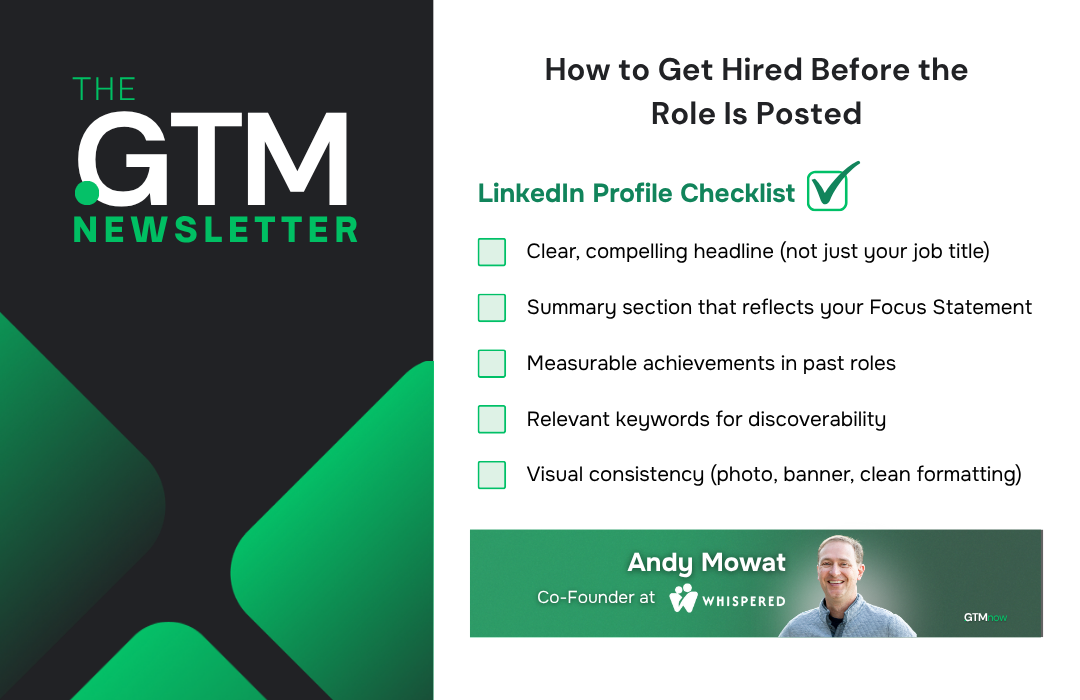For those of us reading the business and financial news regularly, you’ll start to notice two common threads: that millennials work differently than other generations and often have a hard time integrating into the workforce, and that most sales teams need more quality people.
In fact, a recent Bloomberg article tracked statistics that tell us that millennial men just aren’t in the workforce at the rates we would expect based on historical statistics. For instance, according to the writer’s calculations in the Bloomberg article, males from 25 to 34 had the largest decrease in workforce participation rates from 2017 to 2018 of any group tracked. All of this with no apparent explanation of why they are missing. For whatever reason, millennial men aren’t connecting with jobs that interest them.
Meanwhile, the sales industry is having trouble filling their workforce and seeing massive churn from SDR’s to Sales Executives. With VP’s of Sales now averaging 19 months on the job according to some sources it’s no surprise that entire sales departments are going through massive turnover. A recent search showed that the job site Indeed.com had 200,264 unfilled sales positions. This appears to be a symptom of a larger problem.
So, is the answer as simple as getting these millennial men to work in sales, in order to fix both problems? I believe, for a variety of reasons we’ll discuss, that the answer is yes!
Related: Don’t Call, Just Text: How to Sell to Millennials
Looking at the statistics
The previously referenced Bloomberg article went deep on Bureau of Labor Statistics measures and found the strange anomaly of millennial men just not participating in the workforce. In fact, they are one of the few categories of the workforce whose participation is decreasing despite record low unemployment rates.
Older men have a higher employment rate than younger men, while women’s employment rate is consistent over age. This shows us there is something about the generational difference is unique to men.
The college degree isn’t what it used to be
Richard Branson. Mark Zuckerberg. Bill Gates.
What do these guys have in common?
They are billionaires without college degrees.
The business world has seen it and the coding world has too. A 2016 salary survey showed the self-taught non-degreed coders could earn nearly as much as their degreed counterparts.
It’s gotten to the point where many question whether college is a good investment.
3 factors that might be keeping millennial men out of sales
1. Assuming sales is an old-school, non-technical field
Sales is not often seen a tech-based career path. But that’s changing with the use of AI, chatbots and the explosion of B2B Saas software. Many millennial men don’t realize that the future of sales will have a tech-centric component that might play to their interests.
2. Entrepreneurial bend
Lea Woodford, CEO of SmartFem Media Group, once told me, “If you are in sales, you are an entrepreneur” during an interview. And the more I think about it, the truer it is. Sales professionals truly have to fend for themselves. And as a sales professional, you have to find your path to success.
While millennial men are known as entrepreneurial, it may not have been communicated to them that the sales world might just fit their interests perfectly.
3. Jaded by old sales cultures
The Wolf of Wall Street was a hit movie this decade. Movies like that and Glengarry Glen Ross – whose quote of “ABC – Always Be Closing” seems to have transcended generations – paint an aggressive and pressure-filled view of sales.
Sales teams actually have a different feel from company to company and many are transforming to provide the type of work environment millennial men might like. But they may not know this.
5 reasons millennial men are a good fit for sales teams
1. Millennials are purpose-driven.
Millennial men want to make a difference. And a good salesperson serves and makes a difference.
2. Millennials don’t want to be micromanaged
If there is a career where independence abounds, it is likely sales. Many sales teams, particularly outside and field sales, don’t have formal office requirements, which can allow the sales profession a lot of freedom and flexibility in their schedule.
3. They want the upside/pay sales can offer
Let’s face it. Good salespeople make good money. Millennial men are noted as wanting to earn more than entry-level salaries, and sales can be just the place.
4. They will work to figure it out
Sales require learning and problem-solving. This is a good fit for the interests of many millennials.
5. They don’t need all the frills
Sure there will be nice dinners (billed back to your company, hopefully), travel and fun conferences (some of them anyway). But sales is hard work and often uncelebrated. And while older generations have thought pleasing millennials is about ping-pong tables it’s really about experience and meaning. Sales gives a chance to be on the ground doing things and making a difference in customer’s lives.
Sales Hiring Tips for Millennials
If you are that millennial man (the tips work for women too) that wants to finally join the workforce, following these tips will help you.
1. Show you have a purpose aligned with the business
Your future company will want to know you will be motivated to come to work each day. Show your goals align with theirs.
2. Show the ability to learn new things
The workforce is changing. Your ability to learn is as critical as your ability to do in the new economy.
3. Show you can communicate
Communication and emotion are becoming ever more important in the world and this generation. If you want to get the right job, you have to show you can connect, even if it is through a text message.
4. Show you’ll value your supervisor
Everyone wants to be loved, including your future boss. Can you respect them and value their input? Show them.
5. Show don’t tell
You’ll notice all of the tips start with “show”, not “tell.” This is for a reason. Prove what you can do.
How to take action now to get that job
1. Build your network
Many jobs come from networking. The more people you can meet the more you can connect the dots to that job you’d love to have.
2. Have a conversation with employers without “hitting on them”
Talk to employers and express genuine interest in knowing their business and change. This will give you important information on what’s happening. It’s likely other employers will have similar needs and being knowledgeable about employer issues will make you look great on an interview.
Ask the right questions and you might even get a job offer from the relationship you build.
3. Keep building and showing your skills
We are in an era of change and growing skills. Keep building and showing your skills and opportunities will come to you.







